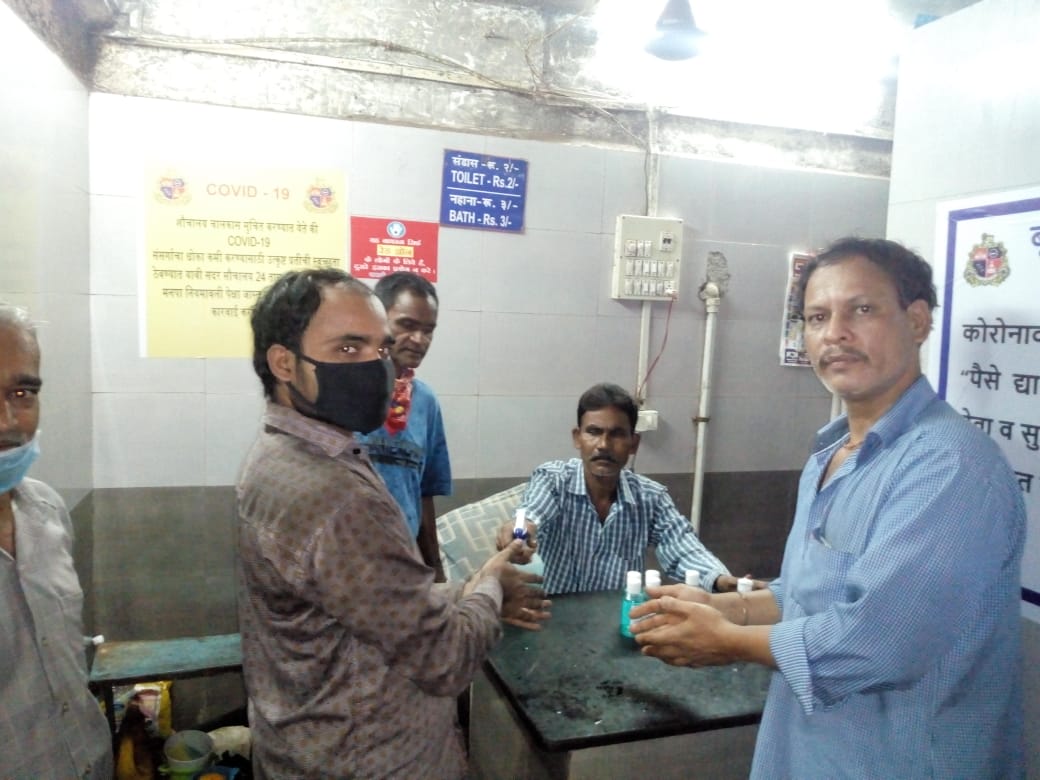Conquering COVID-19 — The Invisible Killer in India
Related Articles
So Now India-Bangladesh Relations Face ‘Test of Balance’ in New Geopolitical Era?
The political transition marked by Bangladesh’s general election of 12 February, 2026, represents not merely a change of government, but a broader moment of...
No Country is AI-Ready — But India’s ‘Skills Gap’ hurts the most?
In a modest engineering college in rural Maharashtra, a third-year student named Arjun spends his nights hunched over a laptop, cobbling together a generative...
That ‘Legal Robbery’ We All Pretend Not to See?
In 2017-18, I did something that surprised even myself. I spray-painted 3 words on a public wall: #TaxationIsTheft. The media covered it, and surprisingly,...


